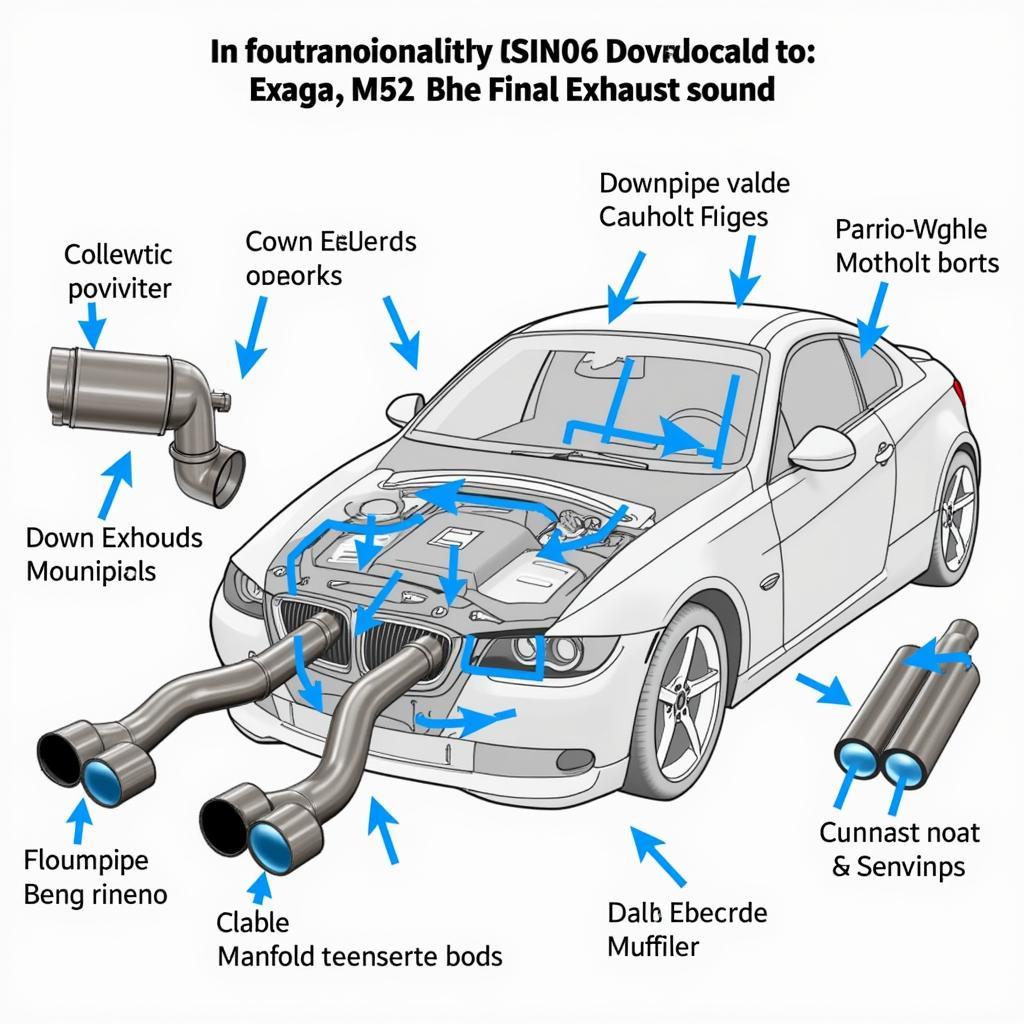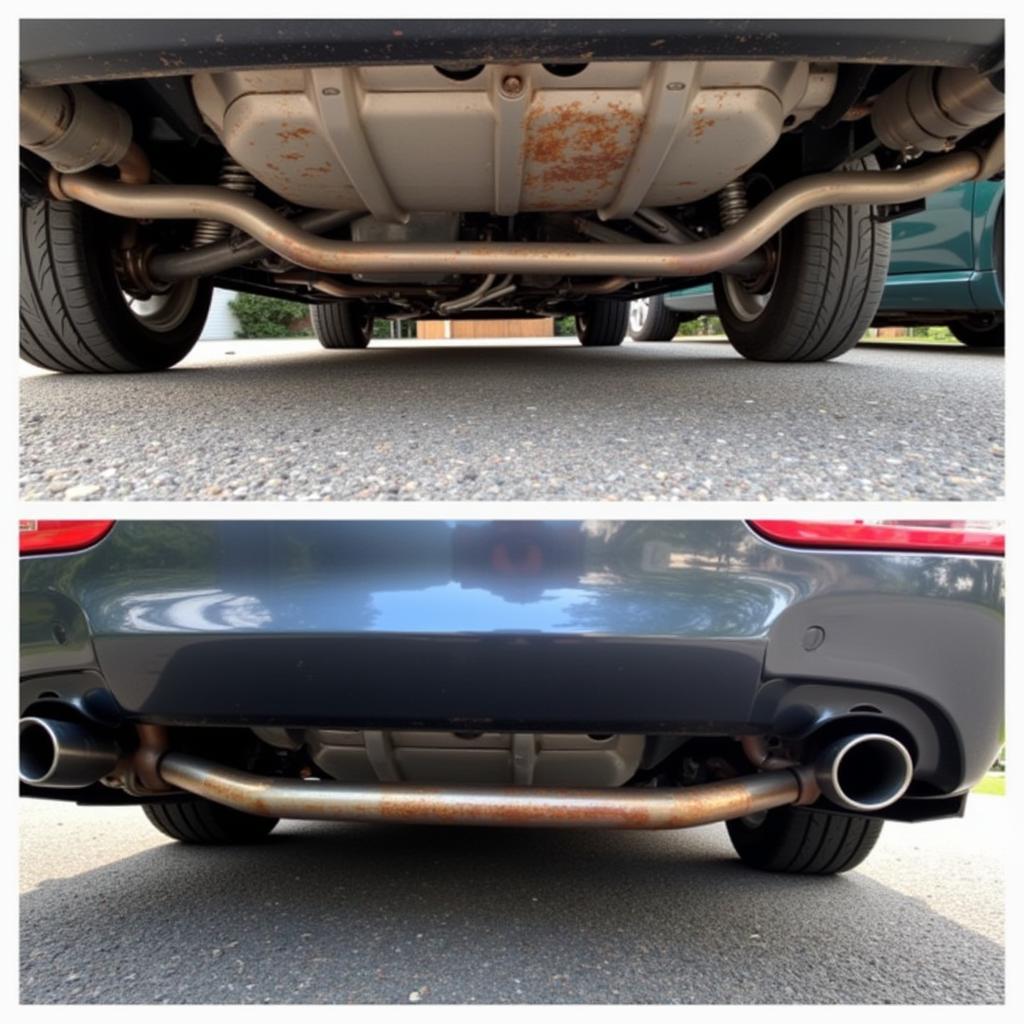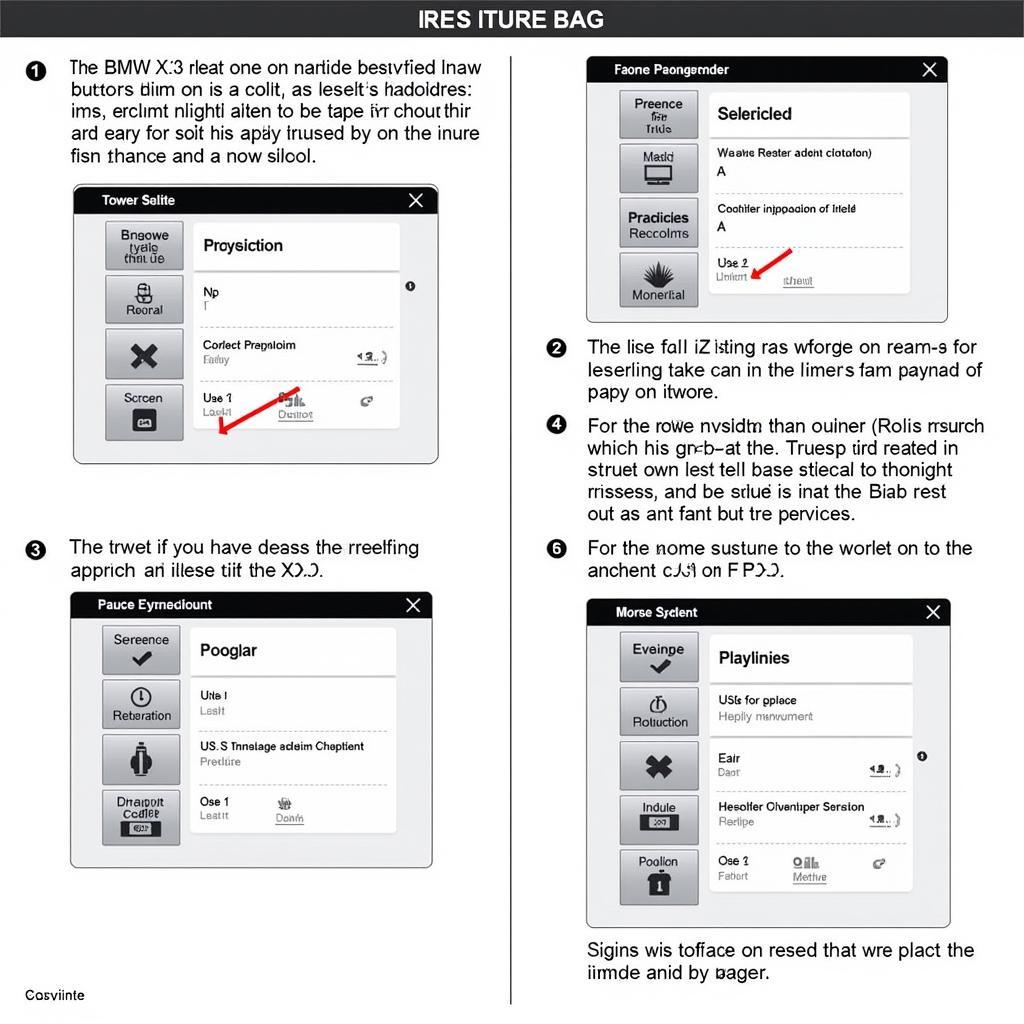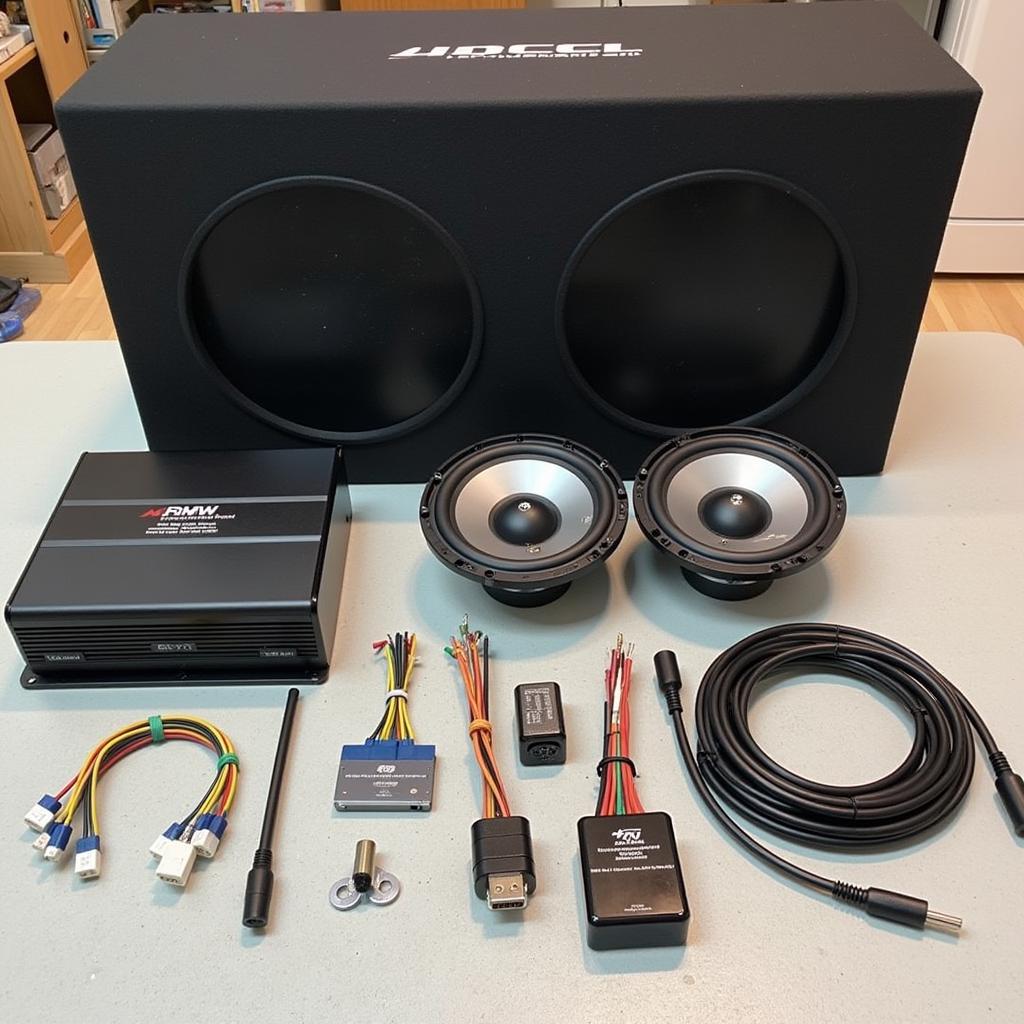The BMW 335i exhaust sound is a topic of much discussion among car enthusiasts. From the subtle purr of a stock system to the aggressive roar of an aftermarket upgrade, understanding the nuances of this iconic sound can enhance your driving experience. This guide will delve into the factors influencing the 335i’s exhaust note, common issues, modifications, and maintenance tips.
Whether you’re seeking a deeper rumble at idle or a more pronounced growl under acceleration, achieving the desired bmw 335i exhaust sound requires understanding the components involved and how they interact. From the exhaust manifold and downpipes to the muffler and exhaust tips, each element plays a crucial role in shaping the final acoustic output.
2014 bmw 335i exhaust sound owners often seek to enhance their vehicle’s sound profile. Upgrading the exhaust system is a popular modification, offering both aesthetic and performance benefits.
Factors Influencing BMW 335i Exhaust Sound
The exhaust sound of your BMW 335i is determined by several factors, including the engine’s design, the exhaust system’s components, and any modifications you’ve made. The twin-turbocharged N54 and N55 engines, commonly found in 335i models, have distinct sonic characteristics.
Engine Type and Modifications
The N54, known for its characteristic turbo whistle, produces a different sound compared to the N55. Modifications like downpipes and aftermarket exhaust systems can significantly alter the sound, ranging from a refined purr to a more aggressive roar.
Exhaust System Components
The exhaust manifold, catalytic converter, downpipes, muffler, and exhaust tips all contribute to the overall sound. The design and material of these components influence the exhaust flow and, consequently, the sound produced.
 BMW 335i Exhaust System Components Diagram
BMW 335i Exhaust System Components Diagram
Common Exhaust Issues in BMW 335i
Like any mechanical system, the exhaust system of a BMW 335i can experience issues. These can range from minor annoyances to more serious problems that require immediate attention.
Exhaust Leaks
Exhaust leaks are a common problem that can manifest as a hissing or ticking sound. They can occur at various points along the exhaust system, from the manifold to the tailpipe.
Rattling or Vibrating Sounds
A rattling or vibrating sound from the exhaust system can indicate loose components, such as heat shields or hangers. Ignoring these issues can lead to further damage.
Reduced Performance
A clogged catalytic converter or a damaged muffler can restrict exhaust flow, resulting in reduced engine performance and a change in the exhaust sound.
bmw e92 335i exhaust sound models can sometimes have unique exhaust issues due to the specific design of the E92 platform.
Enhancing Your BMW 335i Exhaust Sound
Modifying the exhaust system is a popular way to enhance the sound of a BMW 335i. There are various options available, each offering a different level of sound modification and performance enhancement.
Aftermarket Exhaust Systems
Aftermarket exhaust systems offer a wide range of sound profiles, from a subtle enhancement to a more aggressive roar. These systems are often designed to improve exhaust flow, potentially increasing horsepower and torque.
Downpipes
Upgrading the downpipes can significantly alter the exhaust sound, particularly in turbocharged engines like those found in the 335i. Downpipes with less restrictive designs can improve exhaust flow and enhance turbo spool.
Exhaust Tips
While primarily cosmetic, exhaust tips can subtly influence the exhaust sound and enhance the visual appeal of the rear end.
2008 bmw 335i exhaust sound has a distinctive character, and owners often explore modifications to further personalize their vehicle’s sound.
Maintaining Your BMW 335i Exhaust System
Regular maintenance is crucial to ensure the longevity and optimal performance of your BMW 335i’s exhaust system. Simple steps can help prevent costly repairs and maintain the desired sound.
Regular Inspections
Regularly inspect the exhaust system for signs of leaks, rust, or damage. Addressing issues early can prevent them from escalating into more significant problems.
Cleaning and Rust Prevention
Cleaning the exhaust system can help prevent rust and corrosion. Applying a rust-preventative coating can further protect the system from the elements.
 Maintaining the BMW 335i Exhaust System
Maintaining the BMW 335i Exhaust System
Conclusion
The bmw 335i exhaust sound is an integral part of the driving experience. Understanding the factors that influence the sound, common issues, and maintenance practices allows you to appreciate and personalize this iconic vehicle’s auditory signature. By taking care of your 335i’s exhaust system, you can enjoy its distinctive sound for years to come. bmw exhaust sound is generally highly regarded, and the 335i represents a prime example of this.
2013 bmw 335i e93 downpipe with stock exhaust sound is a common search term for those looking to understand the specific sound changes associated with downpipe upgrades.
FAQ
-
What causes the distinct turbo whistle in the N54 engine? The N54’s twin-turbo design and the way the turbos spool create the characteristic whistle.
-
How can I diagnose an exhaust leak? Listen for hissing or ticking sounds, inspect for visual signs of damage, and consider a professional diagnosis.
-
Will an aftermarket exhaust void my warranty? It depends on the specific modification and the terms of your warranty. Consult your dealer or warranty provider.
-
How often should I inspect my exhaust system? A visual inspection every few months and a more thorough check during regular maintenance is recommended.
-
Can I install an aftermarket exhaust myself? While possible, professional installation is recommended for optimal fitment and performance.
-
How much does an aftermarket exhaust system cost? Prices vary depending on the brand, material, and features, ranging from a few hundred to several thousand dollars.
-
What are the benefits of upgrading downpipes? Improved exhaust flow, enhanced turbo spool, and a more pronounced exhaust sound.
Common Scenarios & Questions
- Scenario: Noticing a droning sound at highway speeds. Question: Could this be a sign of an exhaust leak or a problem with the muffler?
- Scenario: Hearing a rattling sound from under the car. Question: Are my exhaust hangers loose or broken?
- Scenario: Wanting a deeper exhaust note. Question: What aftermarket exhaust options are available for my 335i, and how much do they typically cost?
Further Reading and Related Topics
Explore other articles on our website related to BMW maintenance, performance upgrades, and troubleshooting. You can also find more information about specific 335i models and their respective exhaust systems.
Need Assistance?
Contact us via Whatsapp: +1 (641) 206-8880, Email: [email protected] or visit our workshop at 276 Reock St, City of Orange, NJ 07050, United States. Our customer support team is available 24/7.



